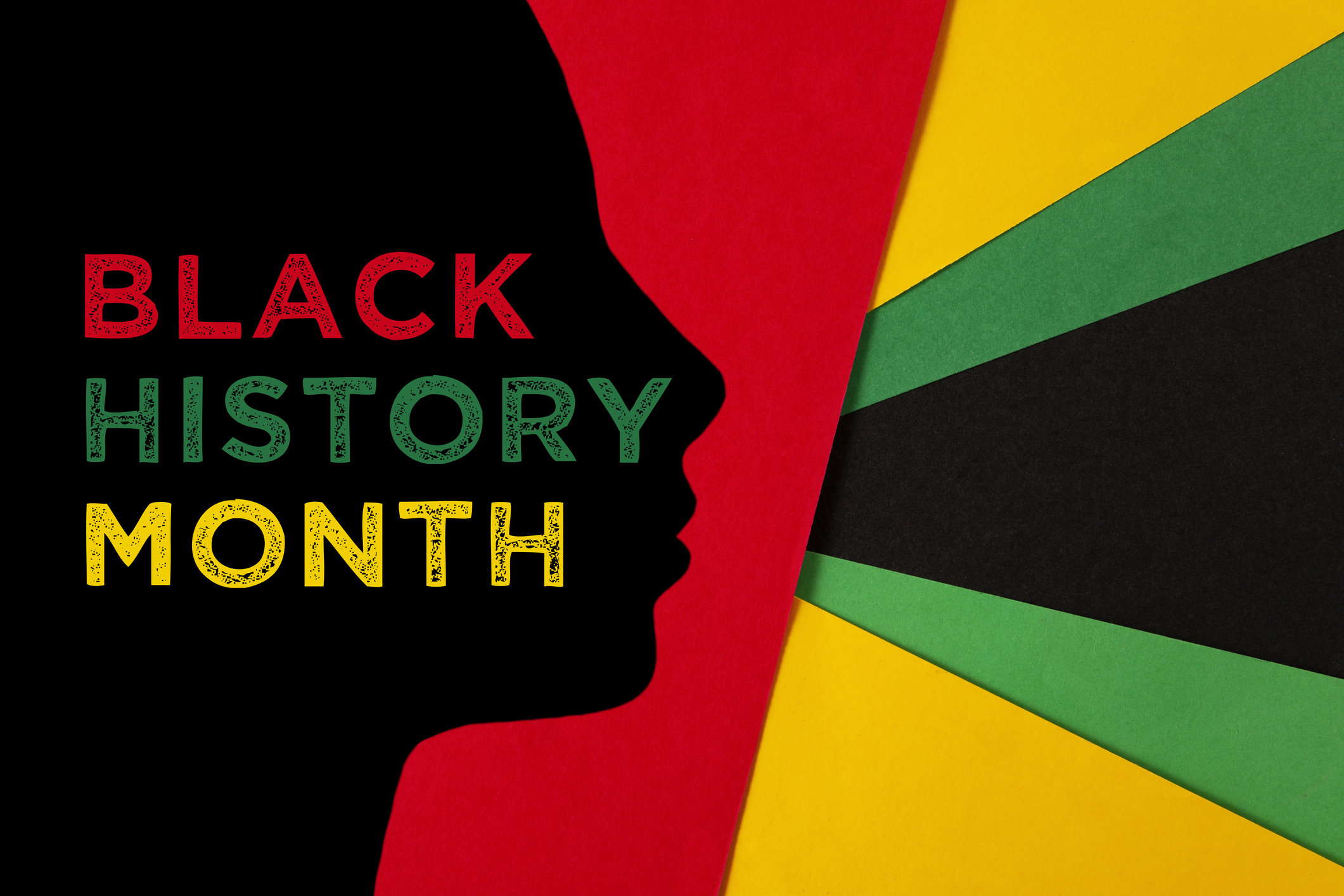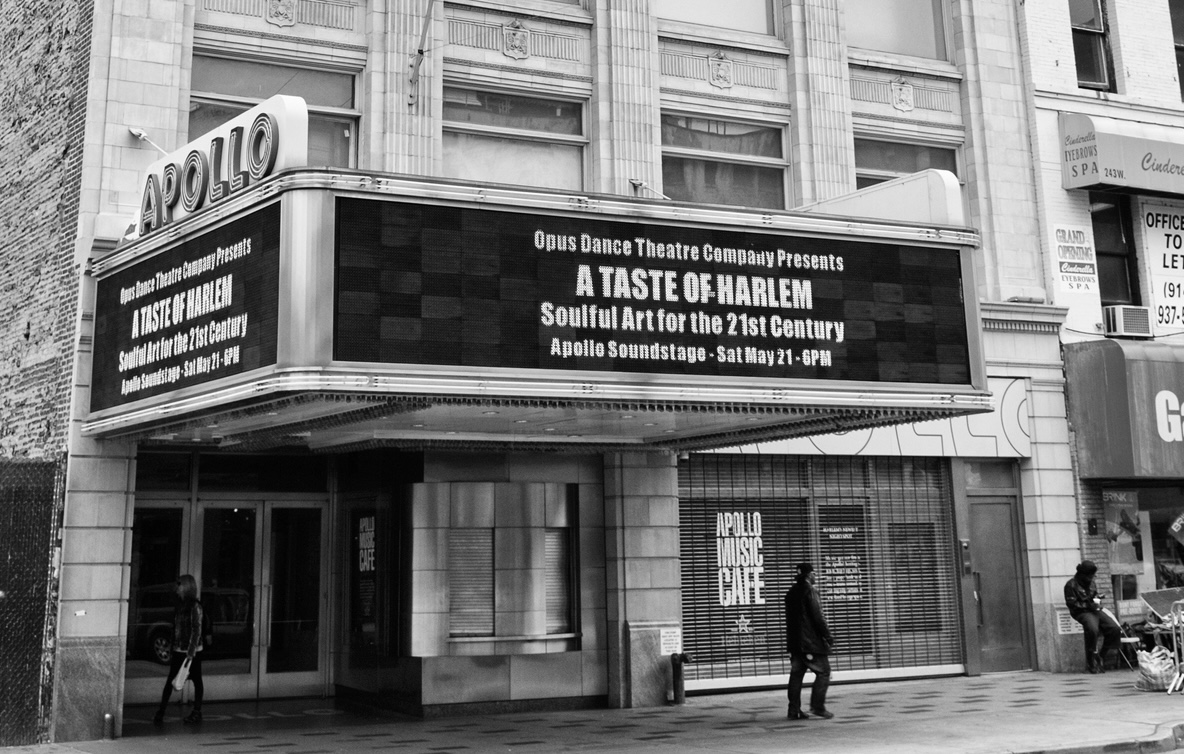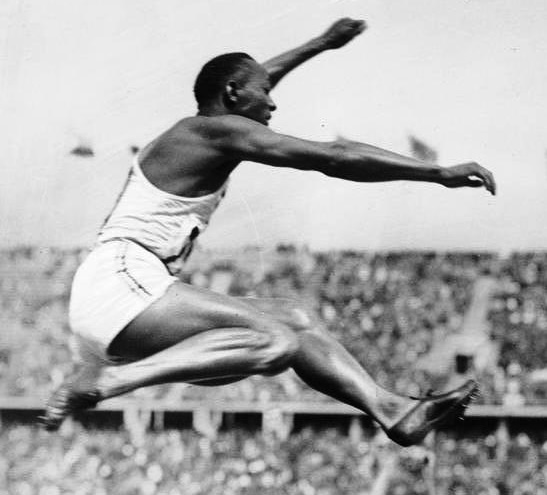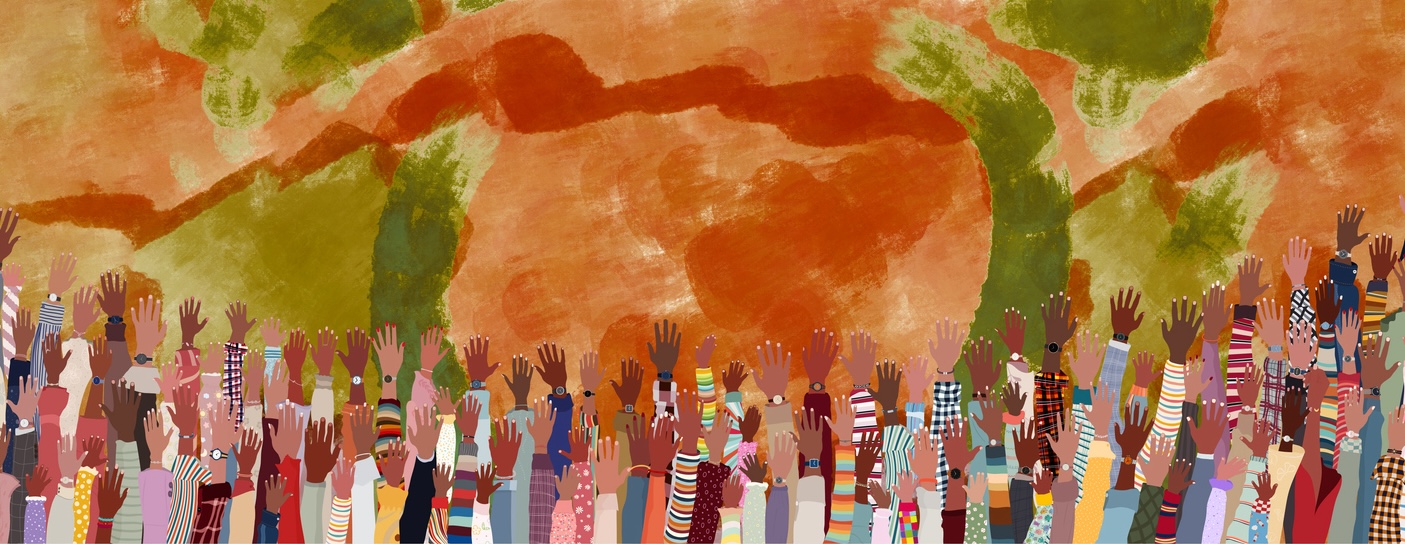
Black History Month provides an opportunity for classrooms to celebrate the rich contributions of African Americans throughout history. Studying various topics throughout Black History Month encourages critical thinking and analysis of historical events, social movements, and the complexities of race relations in America. Students can explore various perspectives, motivations, and strategies employed by different individuals and groups throughout history.
Here are some suggested topics that can be taught in the classroom:
Civil Rights Movement
The Civil Rights Movement was a pivotal period in American history characterized by significant social, political, and legal changes. Teaching about this movement provides students with essential context to understand current social and political issues related to race, equality, and justice. Teaching the Civil Rights Movement amplifies the voices and experiences of marginalized communities, particularly African Americans who fought against systemic racism and discrimination. It provides an opportunity for students to recognize and appreciate the resilience, courage, and contributions of individuals who challenged injustice and oppression. Some teaching topics for this era could include:
- The life and work of Martin Luther King Jr
- Rosa Parks and the Montgomery Bus Boycott
- The March on Washington for Jobs and Freedom
- The Death of Emmett Till
African American Inventors and Innovators
There have been numerous Black inventors and innovators throughout U.S. history who have made significant contributions across various fields. Their achievements highlight the importance of diversity and inclusion in fostering innovation and progress. Some individuals to teach in the classroom are:
- Garrett Morgan, who invented the traffic signal.
- Madam C.J. Walker and the development of beauty and hair care products.
- Marie Van Brittan Brown who, along with her husband, invented the first home security system in 1966.
- Elijah McCoy, an inventor and engineer known for his numerous patents, particularly for improvements to steam engine lubrication.

Literature and Arts
Black literature and art often serve as powerful tools for social commentary and critique, addressing issues of race, inequality, injustice, and resilience. They shed light on pressing social issues and inspire dialogue, reflection, and action for positive change. Some cross-disciplinary teaching topics could include:
- The Harlem Renaissance and its impact on literature, music, and the arts.
- Prominent African American writers and poets, such as Langston Hughes, Zora Neale Hurston, and Maya Angelou.
Black Scientists and Mathematicians
There have been numerous prominent Black scientists who have made significant contributions to various fields of science. Their achievements highlight the importance of diversity and inclusion in scientific research and underscore the need to recognize and celebrate the contributions of scientists from all backgrounds. Some individuals to teach in the classroom are:
- George Washington Carver, who innovated the use of peanuts and revolutionized agriculture.
- Mathematicians like Katherine Johnson, who played a crucial role in NASA’s early space missions.
- Dr. Ernest Everett Just, a biologist and pioneer in the study of cell biology and embryology
Political Leadership
Black Americans have historically been underrepresented in political leadership positions, yet African American politicians have played instrumental roles in championing civil rights and advancing social progress. These government leaders are currently at the forefront of efforts to combat discrimination, racism, and systemic injustice in all its forms. They have used political platforms to raise awareness on social issues, advocate for policy reforms, and hold institutions and individuals accountable for discriminatory practices. Some individuals to highlight in the classroom are:
- Barack Obama and his historic presidency.
- Shirley Chisholm, the first African American woman elected to the United States Congress.
- Congressman John Lewis, activist and advocate for human rights and the leading proponent of the national Smithsonian African American museum in Washington, D.C.

Sports Icons
Sports have historically been a bridge and the contributions of Black athletes are important to recognize for their impact on breaking barriers, promoting social justice, empowering communities, fostering cultural pride, and inspiring individuals around the world. Their achievements transcend the realm of sports, leaving a lasting legacy of excellence, activism, and cultural significance. Some teaching topics could include:
- The legacy of athletes like Jackie Robinson, the first African American to play in Major League Baseball.
- Jesse Owens and the historic 1936 Olympics.
- Muhammad Ali and his impact beyond the boxing ring.
- Current prolific athletes such as LeBron James, Simone Biles, Allyson Felix, or Serena Williams.
African American Music
Music by African American artists has had an indelible and transformative influence on the evolution of music across genres and cultures. It serves as a source of cultural identity and pride for Black Americans and people of African descent worldwide. It celebrates the resilience, creativity, and cultural heritage of Black communities and serves as a testament to the power of music as a form of cultural expression and resistance. Some teaching topics could include:
- The evolution of jazz, blues, gospel, and hip-hop.
- The influence of African American musicians on American and global music.
- Current change-makers in the music industry such as Beyoncé, Kendrick Lamar or Jon Batiste.

Current Events and Social Issues
By discussing contemporary issues in the classroom, teachers provide opportunities for dialogue, discussion, and learning about the experiences and perspectives of Black Americans. Open and honest conversations about race and racism are essential for building empathy, understanding, and mutual respect across racial and cultural lines.
- Highlighting the achievements and challenges of Black Americans in various fields today.
- The passage of Juneteenth as a national U.S. holiday.
- The Black Lives Matter movement.
When teaching about Black History Month, it’s essential to present a comprehensive and accurate portrayal of history, recognizing both the joy and triumphs as well as struggles faced. Encourage open discussions, critical thinking, and reflection to foster a deeper understanding of the contributions and experiences of Black Americans throughout history and today.
Active Classroom has hundreds of African American studies activities to connect history and current events
Try a free 30-day trial today
Monet Hendricks is the blog editor and social media/meme connoisseur for Social Studies School Service. Passionate about the field of education, she earned her BA from the University of Southern California before deciding to go back to get her Master’s degree in Educational Psychology. She attended the graduate program at Azusa Pacific University pursuing her post-grad Educational Specialist degree in School Psychology and Applied Behavior Analysis and currently works as a School Psychologist in Los Angeles, CA. Her favorite activities include traveling, watching documentaries on mental health, and cooking adventurous vegetarian recipes with her husband.
